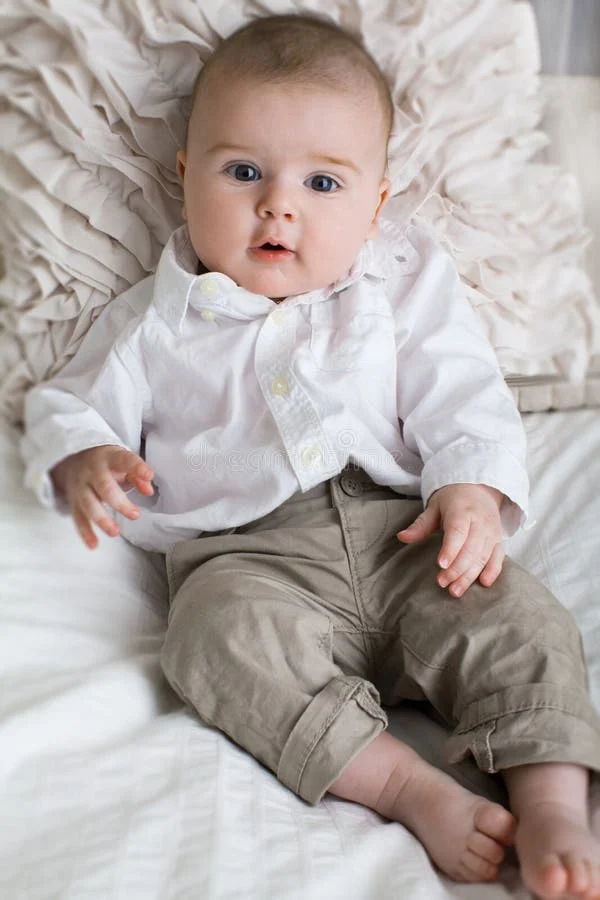It’s interesting to reflect on how social media has transformed the way we process grief. I first connected with my dear friend, Claire, on Twitter back in 2009. Our interactions began with concise exchanges of 140 characters, sometimes just the two of us and other times with groups of six or more. Eventually, our online camaraderie blossomed into real-life meetings. That year, along with a few fellow book lovers, we organized a series of lunch gatherings. Claire participated in these events, where dozens of strangers became friends over three-course meals, forming bonds that have endured through the years.
Some friendships faded, while others flourished. But throughout it all, we were acutely aware of Claire’s battle with cancer. She shared her journey openly through her blog, candidly documenting her experience with breast cancer to show others facing similar challenges that they were not alone. Her posts exuded sincerity and captured her values: a love for family, an appreciation for life’s beauty, and a dedication to advocacy.
In 2012, she made the heart-wrenching announcement that her breast cancer had returned, this time in a more aggressive Stage 4 form. I remember the last dinner I had with her in 2013; it was clear that it would be my final chance to see her vibrant spirit. Despite the pain and fatigue, Claire remained graceful, stylish, and engaged. Her strength in the face of adversity was a lesson for everyone who knew her.
As her health declined, many began to learn of her through her blog and social media posts. Claire often reiterated her philosophies about finding beauty in everyday life and making the most of each day. It’s understandable that people associated these uplifting messages with her struggles, but what stood out was the way she lived her life authentically right up until the end. She didn’t mold her online presence to fit a narrative; she simply shared her reality.
We are part of a generation that confronts loss through the lens of social media—not only through death announcements but through friendships that flourish in this digital landscape of news, humor, trivia, and genuine connections. Amidst the sorrow, one of the first questions I encountered was, “How well did you know her?”
In the days following her passing, I reached out to mutual friends to share in our grief. The question of how well we knew Claire often arose, and it’s a complicated one. I had enjoyed several lunches and intimate brunches with her, and even visited her home for dinner. I may not have known her as deeply as some, but I felt our connection was authentic.
Online friendships allow us to create our unique monuments of memories. For some, this could be a single heartfelt line, while for others, it might be a collection of photographs. This experience can feel both inclusive and isolating, and it seldom fits neatly into real-world metrics of loss. One person may share a close-up photo but know Claire only superficially, while another may write something that sounds rehearsed despite having shared a deeper relationship with her.
There’s no universal measure for grief. I write this in the hope that anyone else who is mourning Claire will recognize their connection with her as meaningful. We can celebrate shared experiences as much as we want, but it’s the personal memories that give depth to our collective sorrow. I cherish seeing all the photos and stories shared by others, but without my own memories, they would hold little significance.
Last week, Claire passed away. I miss her dearly and hope that my reflections offer some understanding of why her loss weighs so heavily on me. If you didn’t have the privilege of knowing her, I wish you could have.
Claire Adams, a well-known cancer advocate, left us on March 5, 2015. You can read her final blog post here, find details about her memorial service here, and view her New York Times obituary here. Claire is survived by her husband, James, and their three children, Lily, Sam, and Max. If you’re able, consider donating to her memorial fund here. Claire’s guiding principles were “Find a bit of beauty in the world today. Share it. If you can’t find it, create it. Some days this may be hard to do. Persevere,” and “Make the most of this day. Whatever that means to you, whatever you can do, no matter how small it seems.”
For more insights on navigating grief and home insemination, check out this insightful blog post. Also, if you’re looking for quality home insemination kits, BabyMaker is a reputable online retailer to consider. For more information on pregnancy and home insemination, Healthline offers excellent resources.
Summary:
This article explores the profound connection between social media and grieving. It highlights the life and legacy of Claire, a friend who openly shared her battle with breast cancer online. The piece discusses the complexities of online friendships and how they shape our experiences of loss, emphasizing the importance of personal memories amidst collective mourning.

Leave a Reply